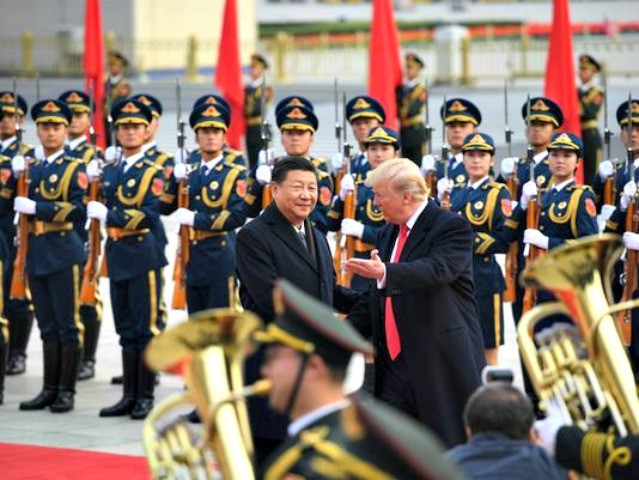President Donald Trump’s top trade adviser put the world on notice that the terms of global trade will have to change, including the way the World Trade Organization does business.
While U.S. Trade Representative Robert Lighthizer stopped short of criticizing his predecessors by name, he made it clear that U.S. policy was taking a decidedly different direction under President Donald Trump. Instead of focusing on multilateralism and global development, the Trump administration’s policy lodestone would be American national interest.
In a speech to fellow trade ministers at the biannual WTO meeting in Argentina, Lighthizer articulated a vision of enlightened economic nationalism that directly cited similar remarks President Trump made this fall at the United Nations.
“We believe that all of us are here primarily to represent our own citizens to secure rules that will best help them. As President Trump said in his U.N. speech, institutions like this function best when all sovereign nations acting in their own best interest pull together and find ways that permit us all to prosper,” Lighthizer said.
Lighthizer also attacked the tendency of member nations to attempt to use the WTO courts to win trade advantages–often at the expense of American interests.
“Too often members seem to believe they can gain concessions through lawsuits that they could never get at the negotiating table,” Lighthizer said.
While many delegates from other nations endorsed items on the official agenda, Lighthizer focused on criticizing the WTO for failing to live up to its goals. “It’s impossible to negotiate new rules when many of the current ones are not being followed,” he said.
China was a clear target of much of Lighthizer’s brief remarks. He urged the WTO to take aim at Chinese mercantilism, although he didn’t single China out by name. Instead, he said the WTO should take on the issues of “chronic overcapacity and the influence of state-owned enterprises,” two of the prominent tools of China’s mercantilism.

COMMENTS
Please let us know if you're having issues with commenting.